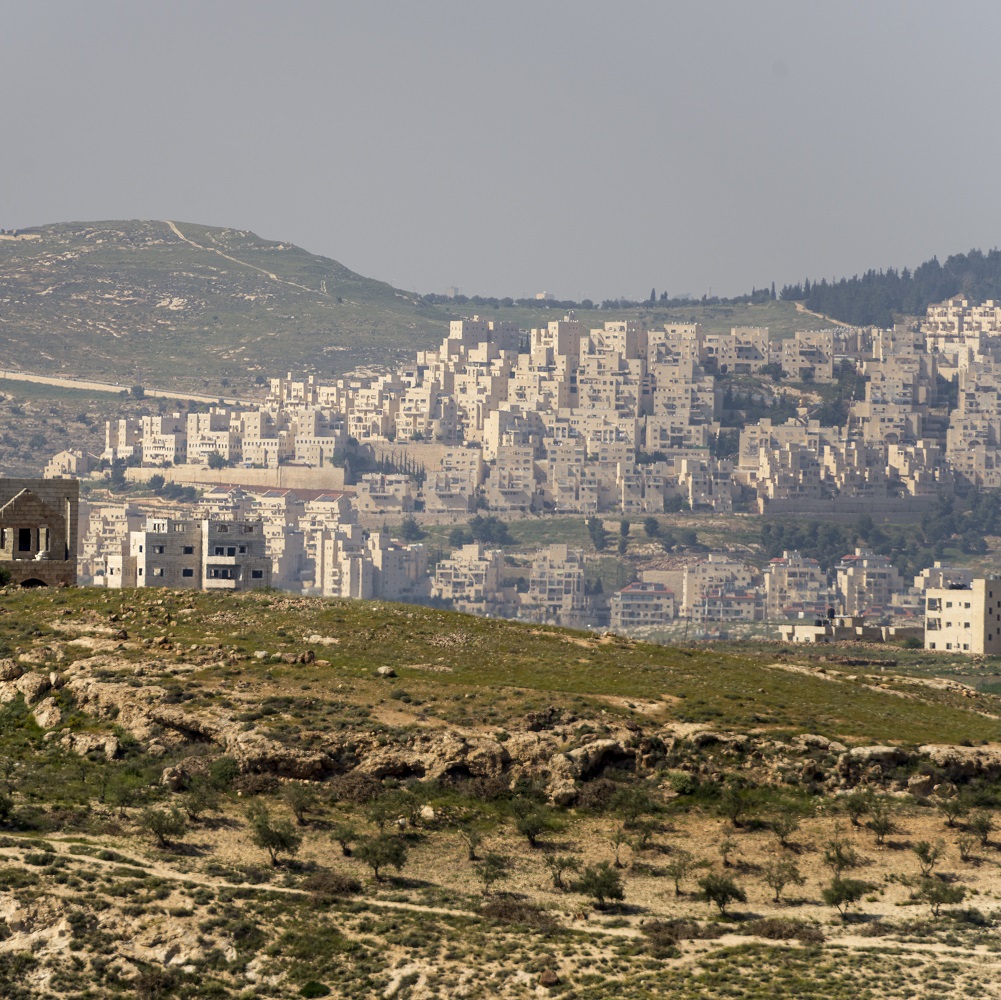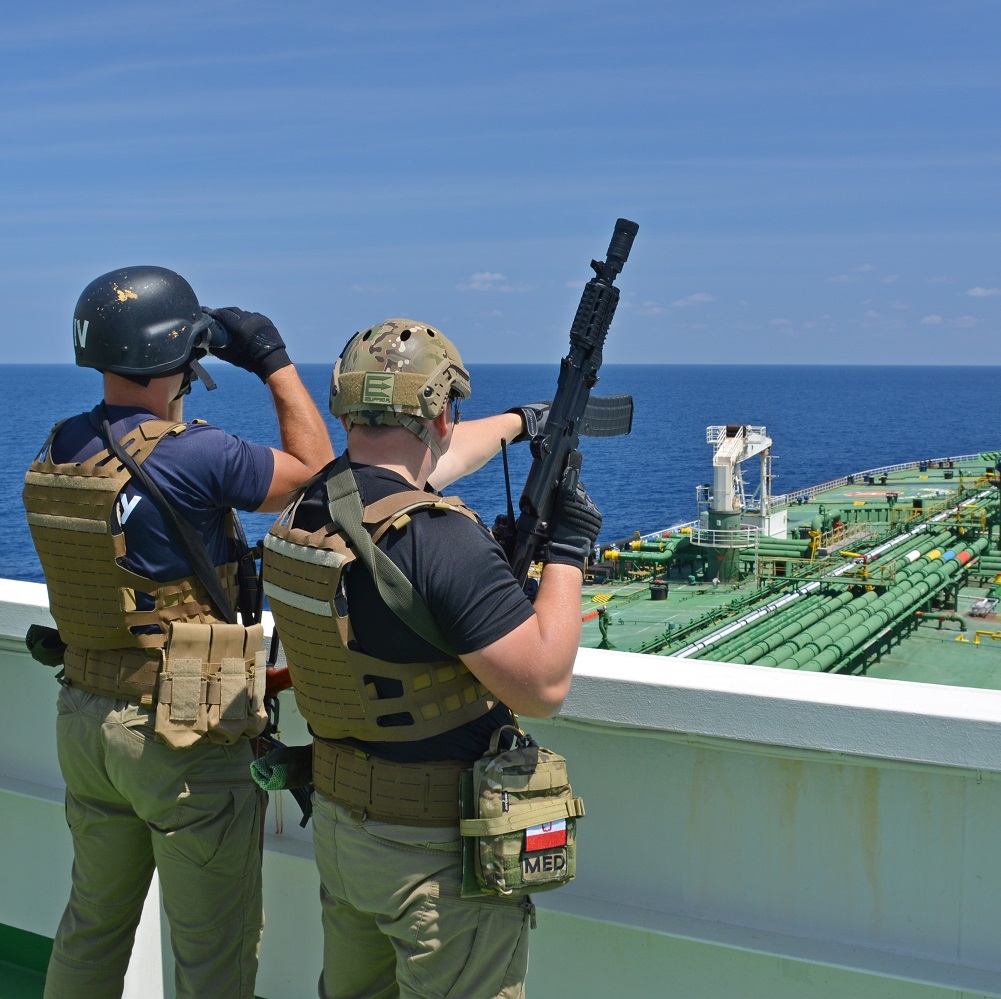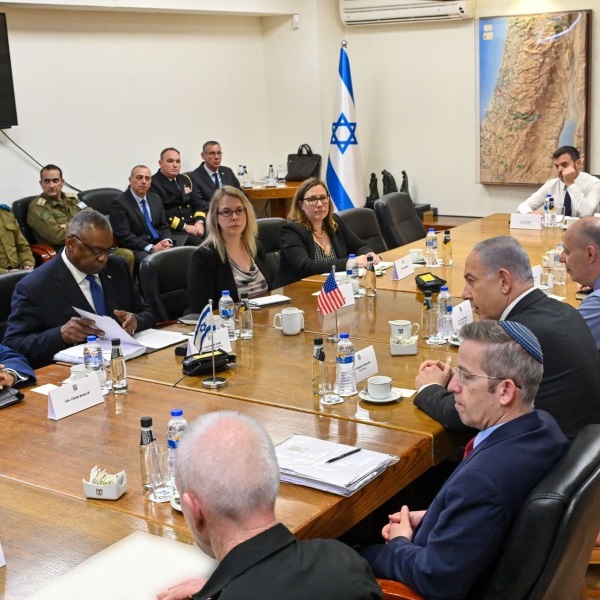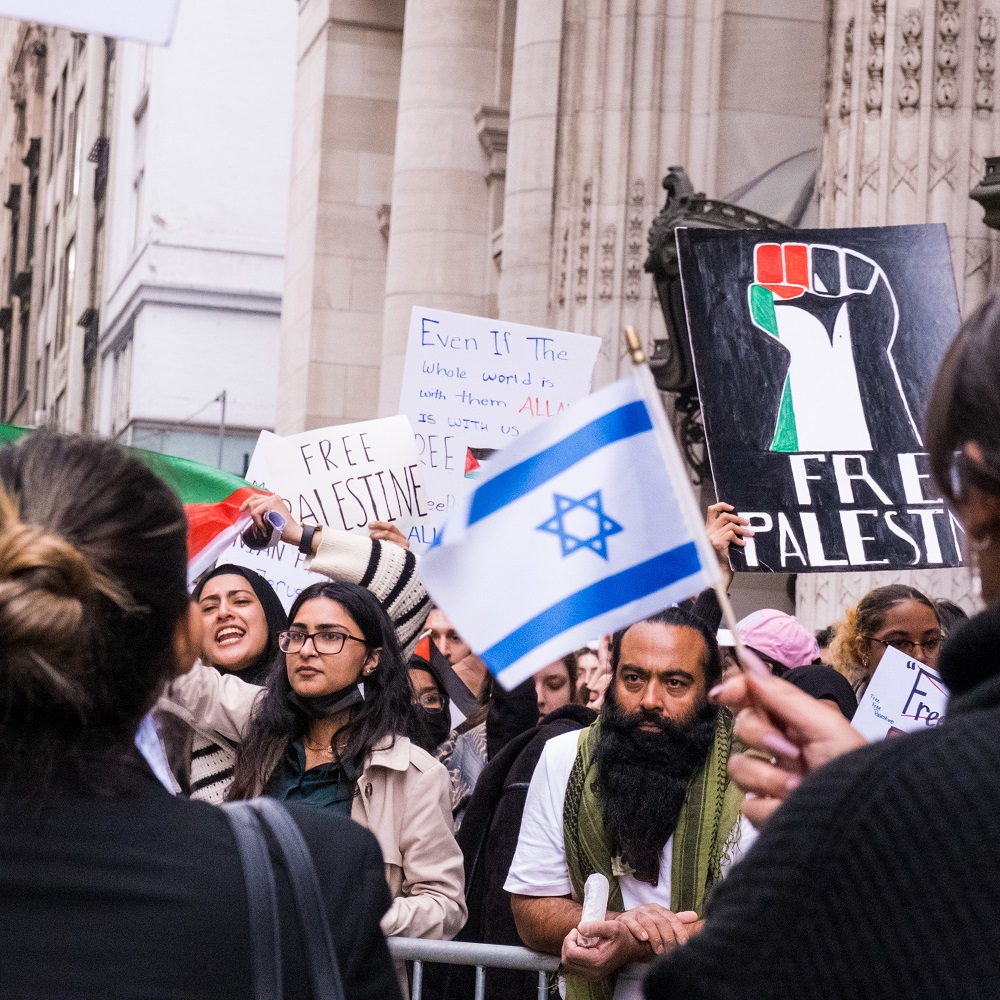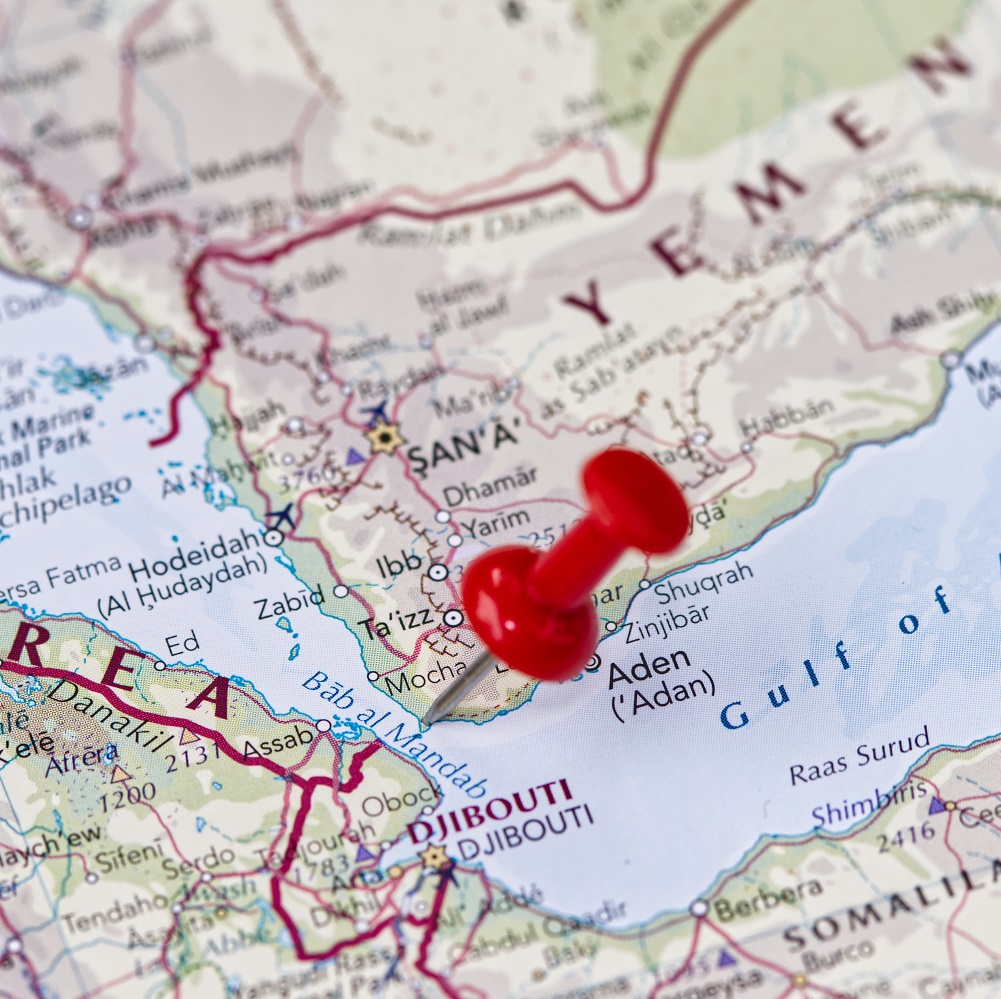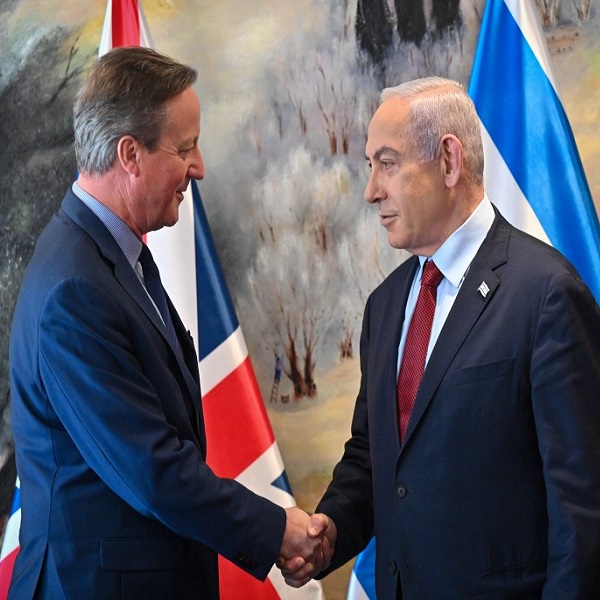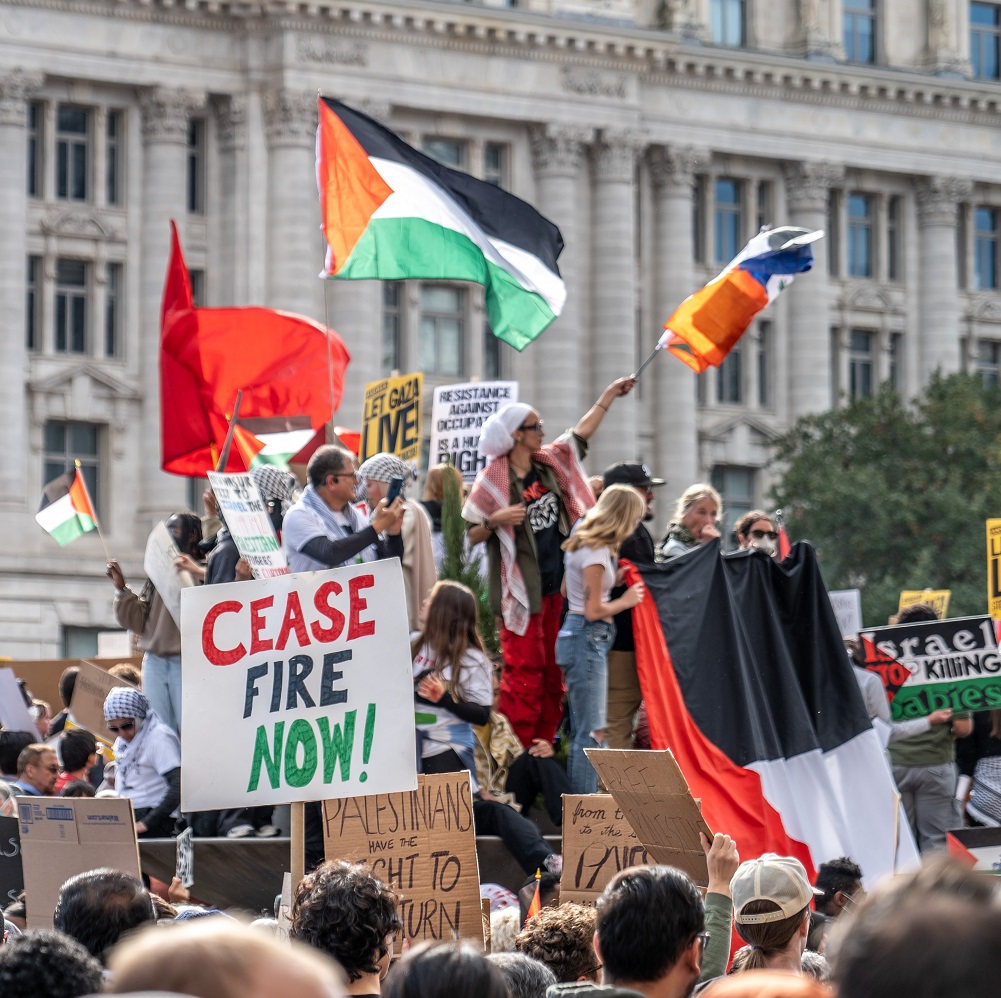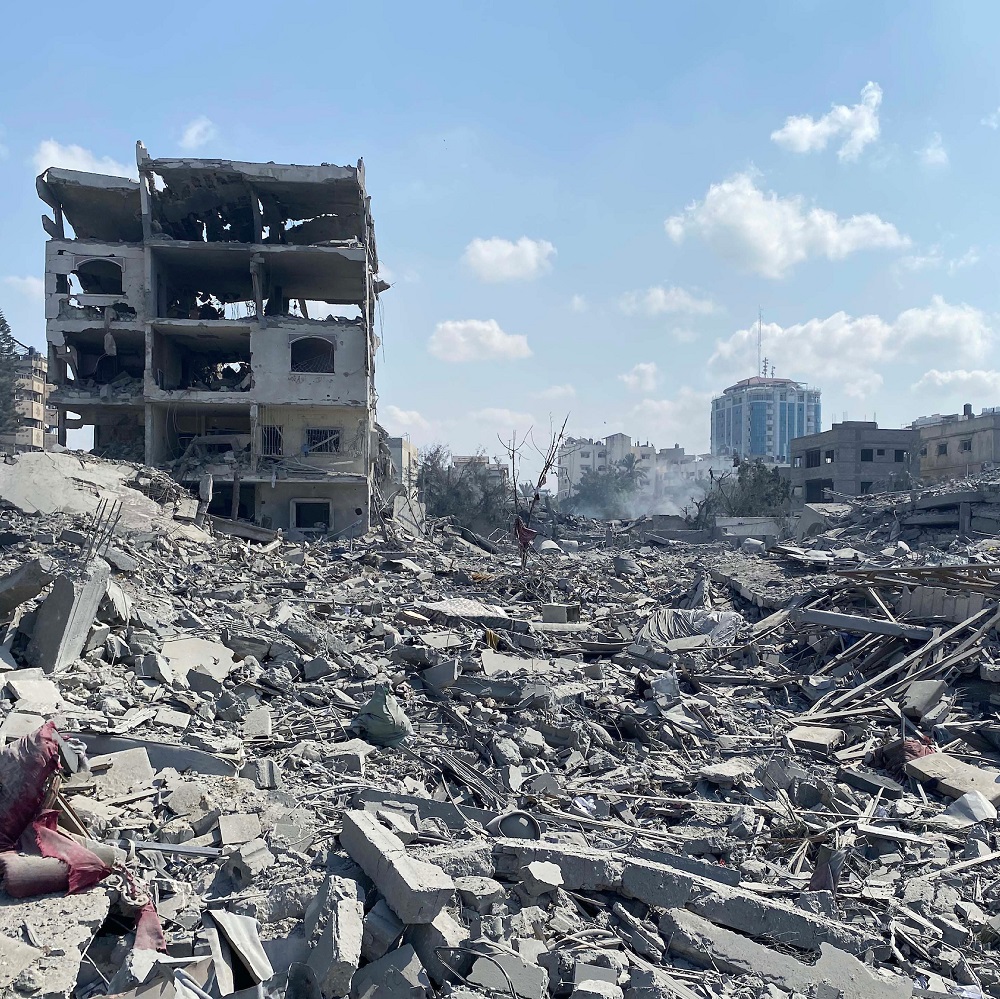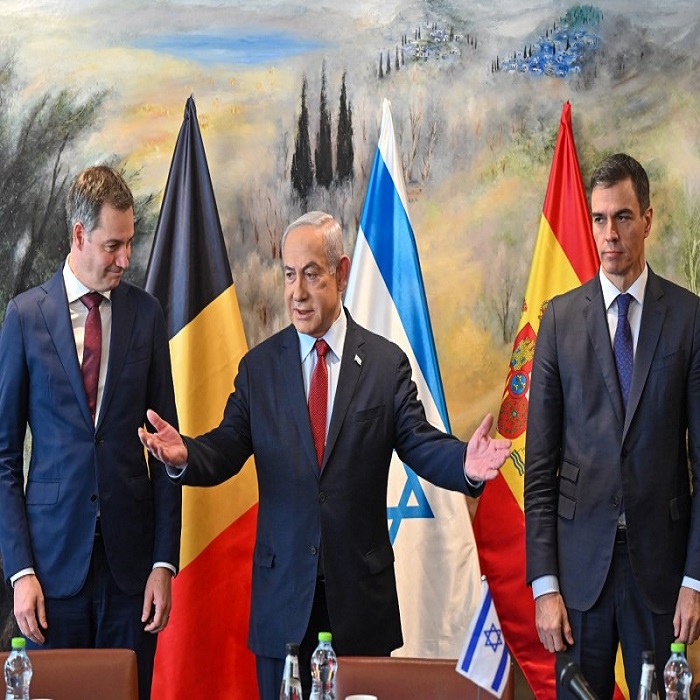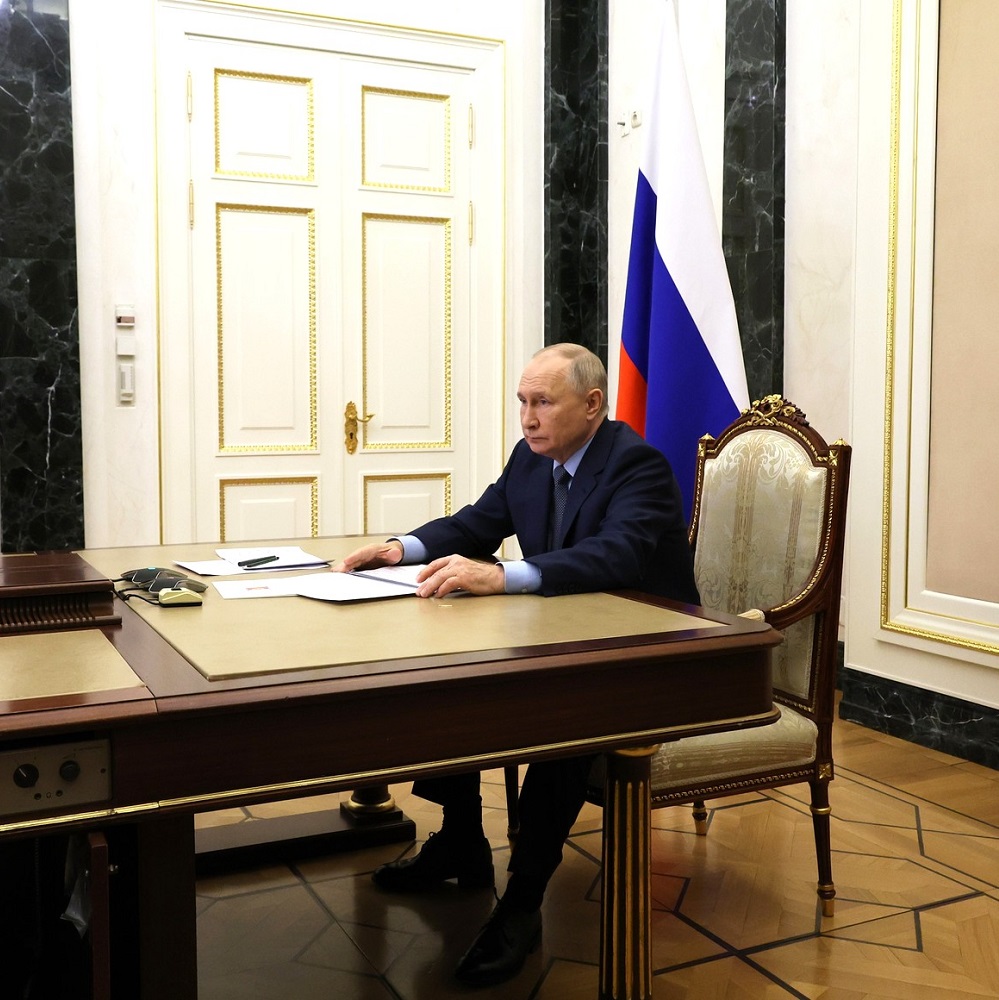Wars create opportunities for peaceful change: Will the Gaza war serve as a case in point?
by Elie Podeh
History teaches us that wars, unfortunate as they are, can sometimes create opportunities for major changes that were previously unthinkable, improbable, or impossible. World War I, World War II, the First Gulf War, and many other conflagrations led to formidable political, military, and economic changes. Some of these conflicts and their immediate consequences laid the ground for future wars (like the punitive Versailles peace treaty following World War I), but others gave rise to peaceful arrangements (like the multilateral political and economic institutions as well as security alliance systems that emerged after World War II). The history of the Arab-Israeli conflict is no different. Indeed, all the major Israeli-Arab wars, as well as the many violent Israeli-Palestinian clashes, offered opportunities for change. Some were seized; others were squandered.
When a chain of circumstances produces a favorable opportunity, a liminal period is created, which makes it possible to achieve a breakthrough in a deadlocked conflict. The opportunity may arise from a military or political event that significantly affects the status quo. Particularly when this event causes a traumatic experience affecting both leadership and society, the likelihood of significant change occurring increases. If this moment — or opportunity — is not seized, it is likely to disappear.
While war is still raging in Gaza following Hamas’ brutal Oct. 7 attack on Israel, it nonetheless arguably offers an opportunity for a profound shift in the modalities of the Israeli-Palestinian conflict, which looked unlikely in the period preceding the war. Based on analysis of several examples from the history of the Israeli-Palestinian conflict, one can assert that in order to seize the opportunity, both sides will need legitimate leaderships that enjoy international support and are willing and determined to make concessions and build trust.
Opportunities seized
The Arab-Israeli conflict saw at least three opportunities turn into successful peace agreements: the Israeli-Egyptian treaty (1979); the Oslo Accords with the Palestinians (1993, 1995); and the Israeli-Jordanian treaty (1994).
The Israeli-Egyptian treaty was the culmination of a series of agreements signed in the aftermath of the 1973 Yom Kippur War. The sense of trauma engulfing Israeli society following the surprise Egyptian offensive and initial military success, in tandem with Egypt’s sense of triumph over an invincible army, created a semblance of balance between the warring parties, paving the way for a major psychological change on both sides. In addition, the contacts that preceded the war (see below) as well as the two post-war Disengagement Agreements (1974-75) built a certain degree of trust between the Egyptian and Israeli decision-makers. Egyptian President Anwar Sadat and then-newly elected Israeli Prime Minister Menachem Begin also enjoyed domestic legitimacy and were determined to pursue peace, even at the price of major concessions. Finally, the mediation of U.S. President Jimmy Carter was crucial in bridging all the gaps. Thus, the 1973 war offered an opportunity that was successfully seized by the parties.
The second efficacious opportunity was the Oslo Accords, reached in the aftermath of three major international and regional events: Iraq’s invasion of Kuwait and the war to liberate it, led by the United States and a Western-Arab military coalition (1990-91); the disintegration of the Soviet Union and the end of the Cold War (1989); and the first Palestinian Intifada (1987-91). These events resulted, inter alia, in the September 1991 Madrid Peace Conference. The Intifada boosted the Palestinian cause internationally and regionally, convincing many Israelis that they could no longer ignore this major problem on their doorstep. And while the Intifada strengthened the Palestine Liberation Organization’s (PLO) position, the group soon turned into a pariah over its support of Iraqi President Saddam Hussein. Thus, following a psychological turnabout, both Palestinians and Israelis were drawn, reluctantly, into the Madrid Conference.
Though the consequent Israel-Arab bilateral talks soon deadlocked, the secret Israeli-Palestinian track gained momentum, culminating in the first Oslo agreement two years later. These talks built a certain degree of trust between the two sides, while Prime Minister Yitzhak Rabin and PLO Chairman Yasser Arafat — both of whom enjoyed domestic legitimacy — were willing to make painful concessions in order to sign a historic agreement. Though the Oslo Accords were never fully implemented due to Rabin’s assassination and leadership mistakes on both sides, the fact of the matter is that the opportunity created in the aftermath of all these events was consummated.
The third successful opportunity was the Israel-Jordan peace treaty. The same set of events that paved the way for Oslo was relevant here as well. Yet this opportunity had been waiting mainly for a breakthrough in Israeli-Palestinian relations, since the level of mutual trust between the Israeli and Jordanian leaderships was already high by this point, as were their respective levels of political legitimacy and willingness to move forward. This state of affairs was a result of many years of military and political cooperation behind the scenes, stemming from mutual interests and common enemies. The high level of trust and cooperation between Israel and Jordan made American mediation unnecessary or redundant. Thus, in contrast to the two other case studies, there was no psychological barrier or trauma effect that needed to be overcome.
As all these successful examples show, when an opportunity presents itself after a fateful war that generates a psychological shift, only legitimate leaders convinced and determined to achieve what they see as a necessary change can develop sufficient trust to move toward a peaceful solution. Superpower involvement may be a contributing factor, but it cannot replace the inner convictions of the warring parties.
Opportunities squandered
The Arab-Israeli conflict is rife with failures to make use of opportunities in the aftermath of wars, regime changes, and so on. In fact, research on these opportunities shows that although most of them were not seized, they were not necessarily missed. Rather, the majority of failures to capitalize on them was due to the lack of legitimate leaders at the time, insufficient resolve to make concessions and put an end to the conflict, as well as lack of mutual trust and international support. That said, some opportunities were in fact squandered because of leadership mistakes, negligence, or even deliberate sabotage by one side of the conflict: some notable examples included the United Nations’ 1947 Partition Plan, the 2000 Clinton Parameters, and the 2002 Arab Peace Plan. In this context, it is worth analyzing the unseized opportunities arising from the 1967 Six-Day War and the Second Intifada (2000-2005).
Following the 1967 war, Israel possessed cardinal negotiating chips: Sinai (vis-à-vis Egypt), the Golan Heights (vis-à-vis Syria), and the West Bank (vis-à-vis Jordan or the Palestinians). Yet none of these territorial assets were used to seriously advance peace. The swift and dramatic victory over the Arab armies bred Israeli complacency. Thus, when Egyptian President Sadat offered a peace initiative for the first time in 1971, the Israeli response by Prime Minister Golda Meir was hardly encouraging. Over half a century on, the question of whether an opportunity had indeed been missed is still under debate, yet it is clear that neither side was ready to seize the opportunity that presented itself in the post-1967 war period. Undoubtedly, the sense of trauma associated with the 1973 Yom Kippur War, which was absent after 1967, as well as leadership intransigence contributed to the failure. At the same time, ideological considerations within the Israeli government hampered progress vis-à-vis Jordan as well.
The Second Intifada was a traumatic experience for both Israelis and Palestinians. More than 1,000 Israelis, 70% of them civilians, were killed in Palestinian terrorist attacks and some 8,000 were injured. Around 4,000 Palestinians, between one-third and one-half of them civilians, were killed in Israeli counter-terrorism operations, and over 30,000 were wounded. The devastating toll on both sides, as well as al-Qaeda’s terrorist attack on the Twin Towers in New York and the Pentagon in Washington, D.C., in September 2001, opened the door to several conflict resolution initiatives: namely, the Saudi peace plan in February 2002, which became the Arab Peace Initiative a month later; the U.S. Road Map in April 2003; and Israel’s unilateral disengagement from Gaza in the summer of 2005, following the end of the Second Intifada. In theory, that combination of major events with formal peace initiatives created ideal opportunities; yet none materialized. It seems that in spite of the number of victims, neither side had reached what U.S. political scientist Ira William Zartman calls “a mutually hurting stalemate” that generates certain “ripeness” and willingness to compromise. In addition, neither leader possessed sufficient legitimacy or was convinced of the necessity to reach a settlement based on meaningful concessions.
The 2023 Gaza war
It is difficult to contemplate in the midst of war how the day after might look. Hamas’ Oct. 7 attack on Israel, and particularly its atrocities against civilians, shook the foundations of Israeli society, thrusting to the forefront searing memories of the Holocaust and sparking calls for revenge. Israeli retaliation against Hamas has already led to the deaths of more than 15,000 Palestinians and injured tens of thousands more. The end of the war is nowhere in the offing, and the fate of Gaza remains unknown. The war will undoubtedly leave residues of deep trauma on both Israeli and Palestinian societies.
A sober assessment would draw a distinction between immediate and long-term repercussions: In the immediate future, the polarization between the two peoples may grow, with extremist groups on both sides attempting to galvanize public opinion against each other. Scholars Ilan Peleg and Paul Scham suggested, in a 2010 Middle East Journal piece, that “a traumatic experience or a significant change might turn out to be a precondition for peacemaking in the Middle East in the years to come.” Thus, the traumatic effects of the current events may create an opportunity in the longer run. Evidently, the Hamas attack — barbaric as it was — rekindled the Palestinian issue, placing it on the international and regional agendas after it was sidelined by the 2020 Abraham Accords and the emerging normalization with Saudi Arabia. The current trauma may offer an opportunity to deal not only with the problem of Gaza, but with the Palestinian issue in its entirety.
Many ideas have been presented by various players for the “day after.” One such idea is for the Biden administration to promote Saudi-Israeli normalization in a way that would include a significant Palestinian component. Embedding the bilateral Israeli-Palestinian conflict into the wider regional setting may improve the U.S.’s chances of cementing a durable deal.
However, even if the stakeholders identify the existence of an opportunity “to do something,” there are currently no broadly supported political leaders determined to pursue peaceful ideas on either side, while trust is also completely lacking. Thus, in order to seize an opportunity that seemingly exists, the two sides first need to elect legitimate leaders capable of making major decisions that entail concessions and build a modicum of trust with the help of international and regional powers. Only then will the opportunity arising from this bloody war stand a chance of being seized.
